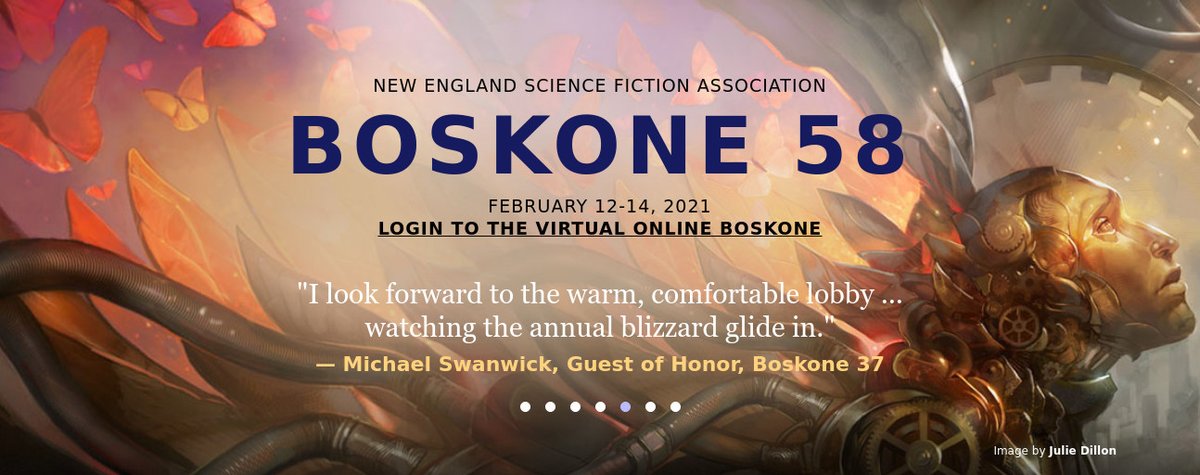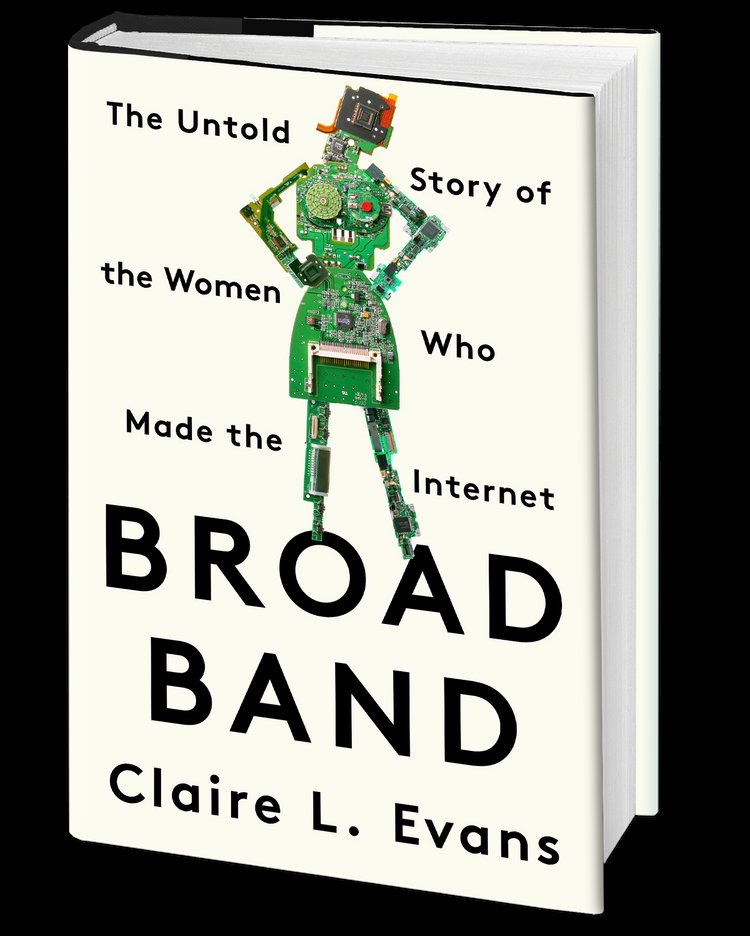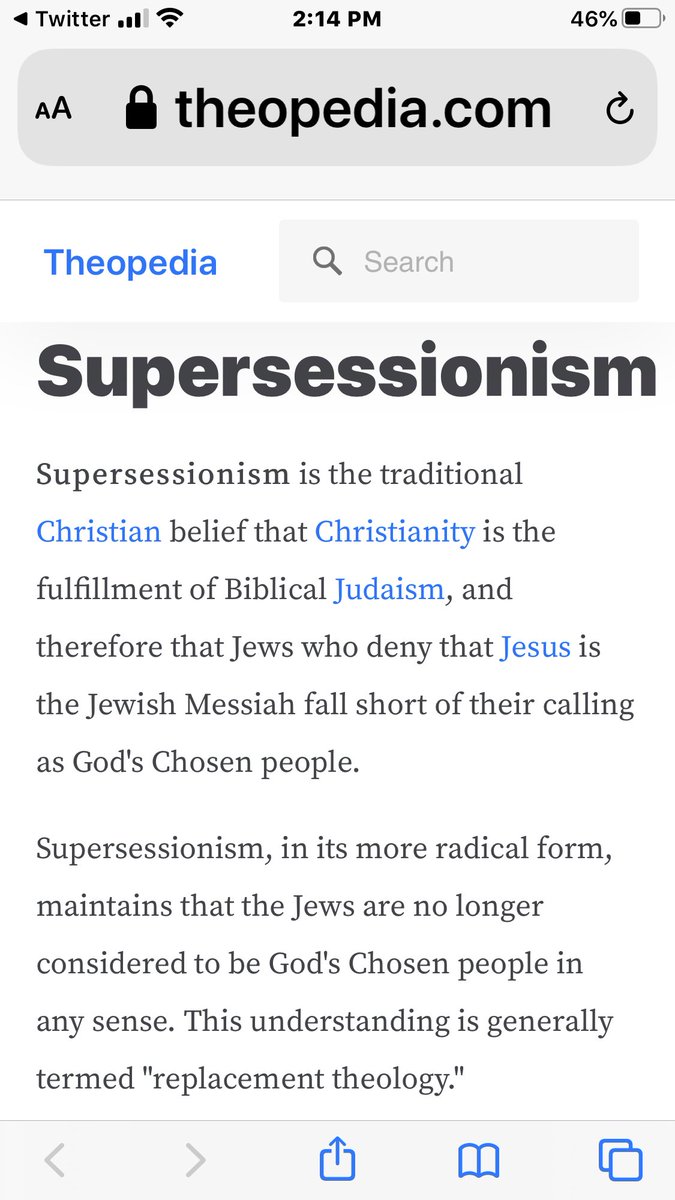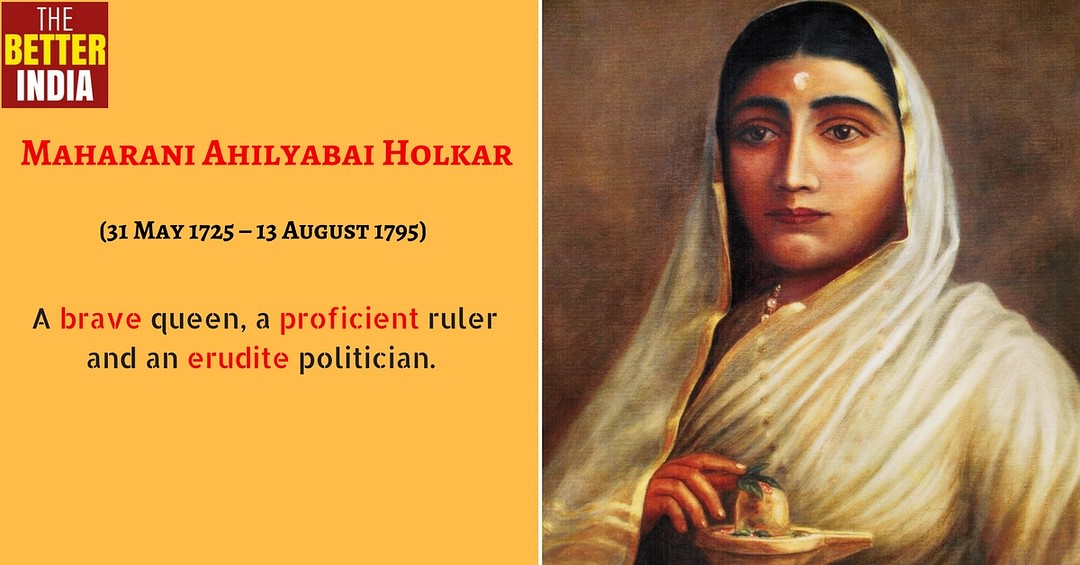https://t.co/KQ5QMmY7MG
This year has been momentous, with a new virus, a new job writing about that virus (114 articles!) and many new sources, readers and Twitter followers. To chronicle this insane year, I'm compiling some of the stories I'm proudest of. A thread.
https://t.co/KQ5QMmY7MG
https://t.co/485KxSXHeS
https://t.co/WecEe8XkBf
https://t.co/GqveDGgsul
https://t.co/zGiS89Ej2E
https://t.co/NG8zG5TpDq
https://t.co/rR4aBDK4Xl
https://t.co/OlQyH5PtUY
https://t.co/mRdOZh8AiO
https://t.co/BcVlR6J5XS
https://t.co/zFul84KhhA
https://t.co/19rkF0uvUt
https://t.co/XTWuRRBqm9
More from Twitter
Inside: Privacy Without Monopoly; Broad Band; $50T moved from America's 90% to the 1%; and more!
Archived at: https://t.co/QgK8ZMRKp7
#Pluralistic
1/

This weekend, I'm participating in Boskone 58, Boston's annual sf convention.
https://t.co/2LfFssVcZQ
Tonight, on a panel called "Tech Innovation? Does Silicon Valley Have A Mind-Control Ray, Or a Monopoly?" at 530PM Pacific.
2/

Privacy Without Monopoly: A new EFF white paper, co-authored with Bennett Cyphers.
https://t.co/TVzDXt6bz6
3/

Today, @EFF published "Privacy Without Monopoly: Data Protection and Interoperability," a major new paper by Bennett Cyphers and me. https://t.co/Ma2FE2vZ9u
— Cory Doctorow #BLM (@doctorow) February 13, 2021
1/ pic.twitter.com/RzCkQdQRxy
Broad Band: Claire L Evans's magesterial history of women in computing.
https://t.co/Lwrej6zVYd
4/

One of the most Monkey's Paw things about my life is my relationship to books. When I was a teenager, I read all the way through the school and public libraries, spent everything I had on books, and still couldn't get enough and dreamt of more.
— Cory Doctorow #BLM (@doctorow) February 13, 2021
1/ pic.twitter.com/Lgkdk5a7YA
$50T moved from America's 90% to the 1%: The hereditary meritocracy is in crisis.
https://t.co/TquaxOmPi8
5/

Inequality requires narrative stabilizers. When you have too little and someone else has more than they can possibly use, simple logic dictates that you should take what they have.
— Cory Doctorow #BLM (@doctorow) February 13, 2021
1/ pic.twitter.com/BUFyq9H2n4
Many have piped up with commentary and criticized the mix of religion and politics. A convention long held in Canada.
As a Priest and Bishop-Elect, I\u2019d ask that the UCP send Christmas greetings without the wholly inappropriate inference of divine sanction for their government. There are so many things wrong with their use of these words from the Prophet Isaiah it\u2019s hard to know where to start. https://t.co/rwOxVzvnI5
— Anna Greenwood-Lee (@AnnaGreenwoodL1) December 27, 2020
The quote is often repeated at Christmas. “A child is born...” makes reference to the birth of Jesus. Makes sense.
But what does it mean?
Christians (and other religious observers with their religious texts) have made an art form out of interpreting what passages mean.
To those most radically devout (some might say zealously faithful), hidden divine meanings are gleaned from “correctly” reading the bible.
That’s what Dominionists believe. That god himself wrote the bible. Through inspiration of the actual authors, & only they can interpret.
And thus, the “inerrant“ bible serves as a strict road map to save ones soul.
Many devout Christians view the passage as a prophecy made centuries before the birth of Christ. A promise made by god through one of his prophets. Jews interpret the passage very differently.
The Anglican Priest is (obviously) correct about this being supersessionism, and a form of Anti-Semitism.
Troublesome as it is for a Canadian provincial govt to be tweeting out Anti-Semitic propaganda, that’s not the only meaning this passage has for Dominionist Christians.





















